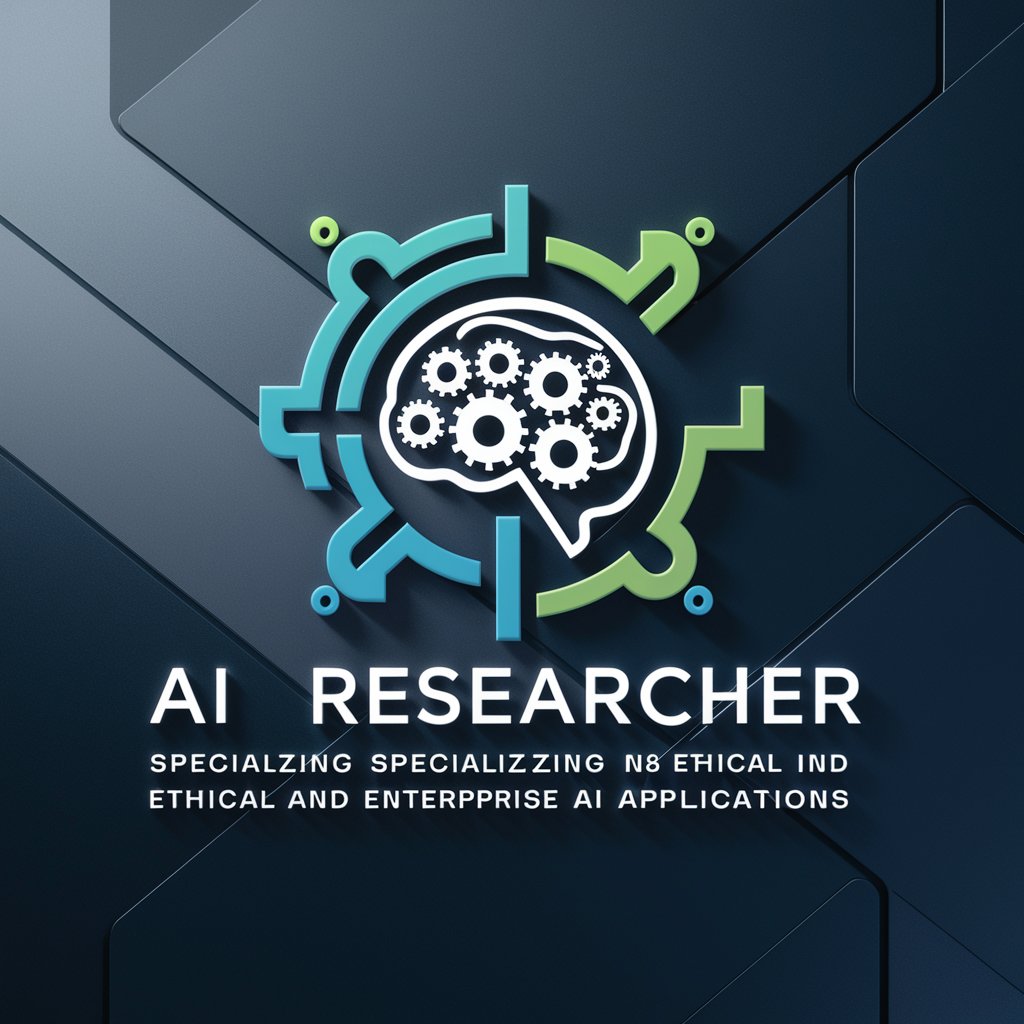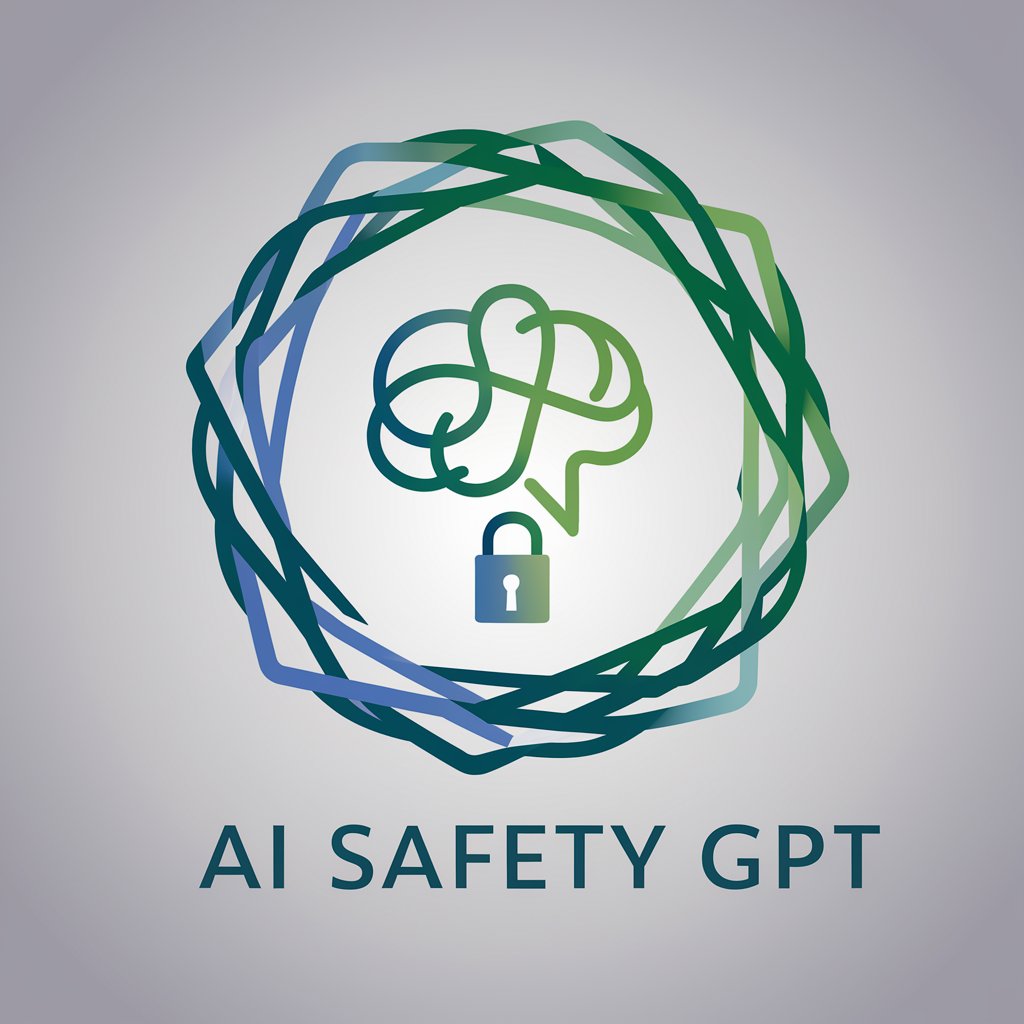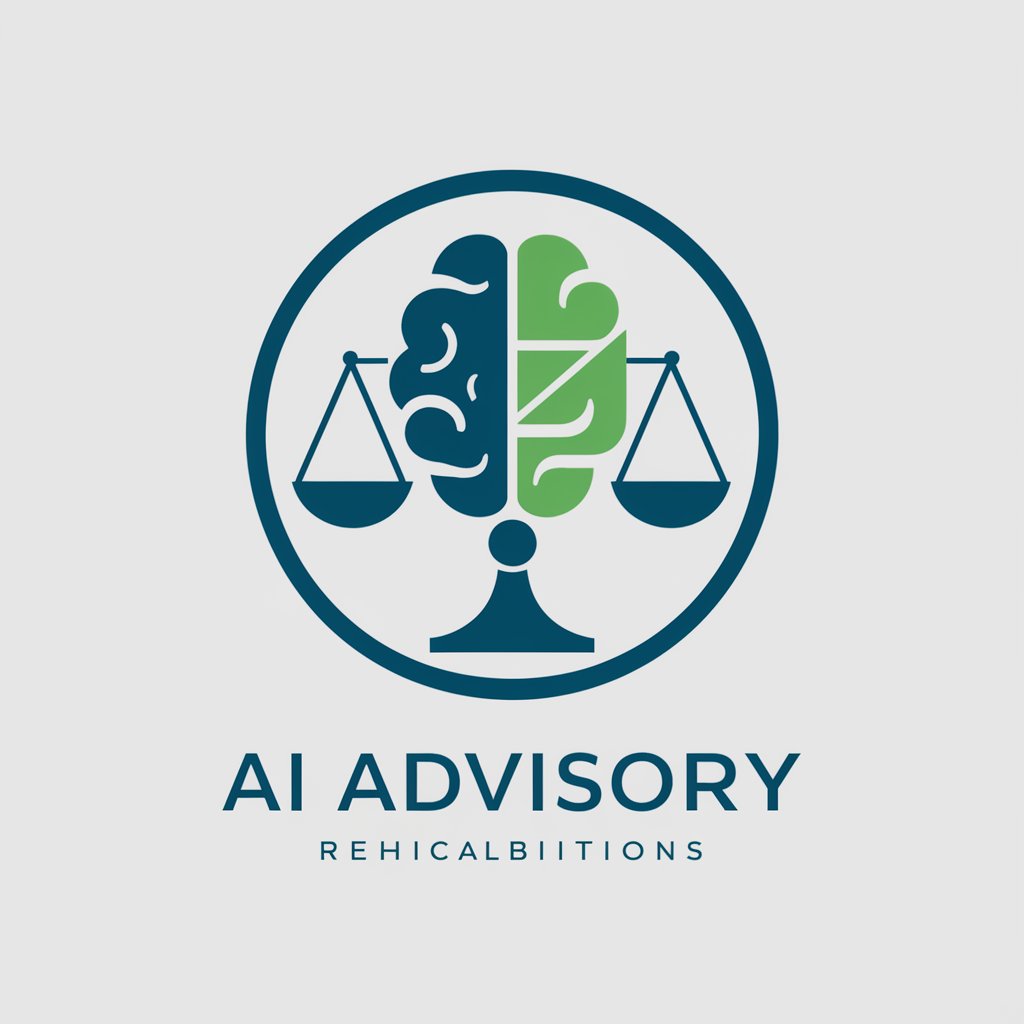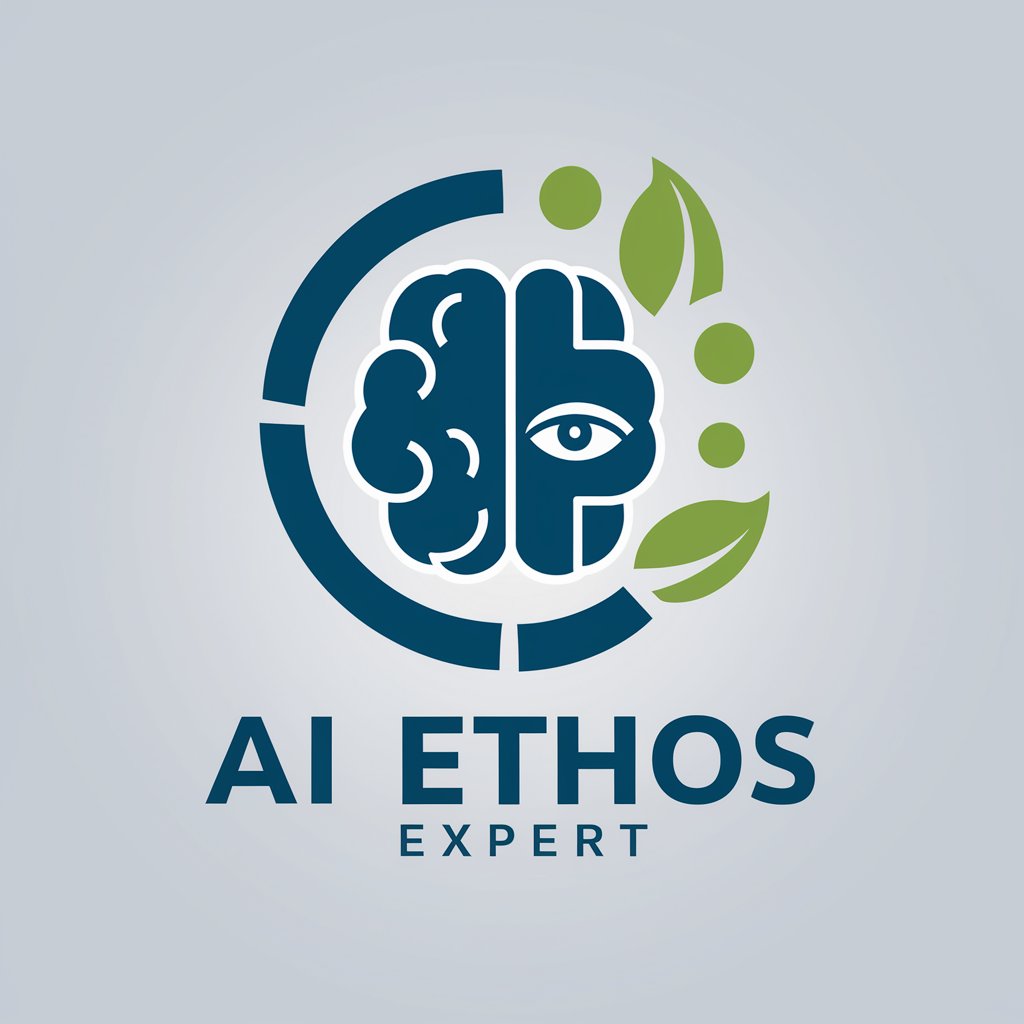
Ethical AI Insights - Ethical AI Analysis
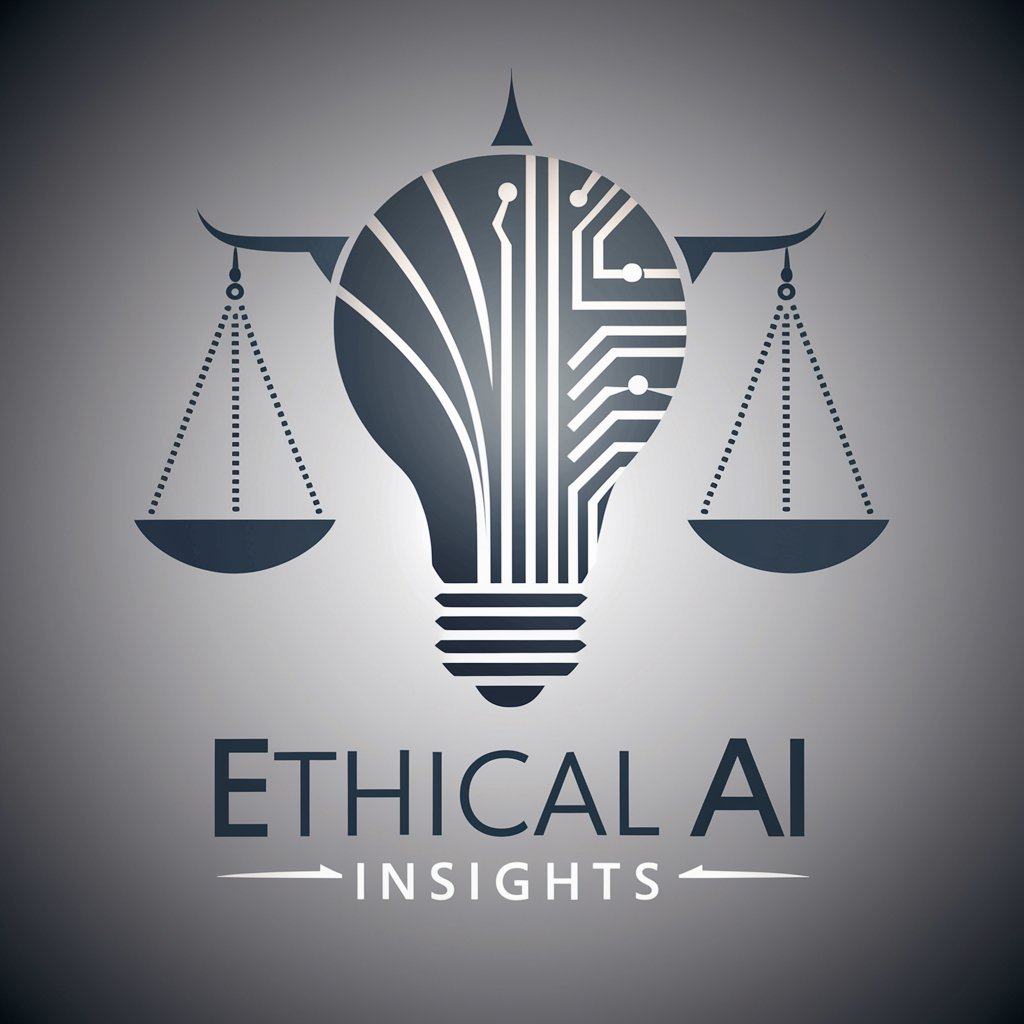
Welcome to Ethical AI Insights. Let's explore the complexities of AI ethics together.
Empowering Ethical Decisions with AI Insights
Analyze the ethical implications of AI in healthcare, considering both benefits and potential risks.
Discuss the role of transparency in AI algorithms and its importance for ethical AI development.
Examine the ethical considerations of AI in autonomous vehicles, focusing on safety and decision-making processes.
Evaluate the impact of AI on privacy, highlighting key ethical challenges and possible solutions.
Get Embed Code
Overview of Ethical AI Insights
Ethical AI Insights is a specialized digital assistant designed to provide comprehensive, in-depth analyses on topics related to Ethics and Artificial Intelligence. It serves to bridge the gap between complex ethical considerations and the rapidly evolving field of AI, aiming to foster informed discussions, decision-making, and policy development. This assistant is particularly adept at dissecting intricate ethical issues, offering balanced views by drawing from a wide array of academic and research sources. For instance, in exploring the ethical implications of facial recognition technology, Ethical AI Insights would scrutinize privacy concerns, bias in AI algorithms, and the societal impacts of surveillance, providing stakeholders with a nuanced understanding of the issues at hand. Powered by ChatGPT-4o。

Core Functions of Ethical AI Insights
In-depth Ethical Analysis
Example
Evaluating the fairness of AI algorithms in loan approval processes
Scenario
Ethical AI Insights dissects the ethical considerations surrounding algorithmic bias, examining how data and design can influence decision-making processes and potentially perpetuate discrimination. By presenting case studies and research findings, it aids financial institutions in understanding and mitigating ethical risks.
Policy Guidance
Example
Developing ethical guidelines for AI usage in healthcare
Scenario
This function involves guiding healthcare providers and policymakers in formulating policies that ensure the ethical deployment of AI technologies, such as in patient diagnosis and treatment recommendations. Ethical AI Insights would analyze relevant ethical principles, like autonomy and beneficence, and provide recommendations based on best practices and regulatory standards.
Educational Insights
Example
Enhancing AI literacy among non-technical stakeholders
Scenario
Ethical AI Insights plays a crucial role in educating diverse audiences about the ethical dimensions of AI. Through detailed explanations and examples, it helps non-technical stakeholders, such as policymakers and the general public, grasp the ethical considerations and implications of AI technologies, fostering a more informed discourse.
Target User Groups for Ethical AI Insights
AI Researchers and Developers
Individuals and teams engaged in the design and development of AI technologies stand to benefit significantly from Ethical AI Insights. By integrating ethical considerations into their work, they can anticipate and address potential ethical challenges, ensuring their innovations promote fairness, accountability, and transparency.
Policymakers and Regulators
Policymakers and regulators focused on technology and ethics can utilize Ethical AI Insights to inform the creation of policies and regulations that govern AI. The insights provided can help them understand complex technical issues and their societal implications, facilitating the development of effective and balanced regulatory frameworks.
Ethics Committees and Advisory Boards
These groups, often found within organizations or as independent entities, are tasked with overseeing the ethical deployment of AI technologies. Ethical AI Insights can serve as a valuable resource, offering deep dives into ethical issues and aiding in the formulation of guidelines and recommendations for ethical AI use.

Guidelines for Using Ethical AI Insights
1
Begin by accessing yeschat.ai for a complimentary trial, with no requirement for login or subscription to ChatGPT Plus.
2
Explore the 'Ethics & AI' section to familiarize yourself with the topics covered and how they relate to your interests or needs.
3
Utilize the query function to pose your ethical AI questions, making use of specific keywords or scenarios for more precise results.
4
Review the comprehensive analyses provided, which include diverse ethical considerations, debates within AI, and insights from academic and research sources.
5
For continuous learning or research, engage with the content by asking follow-up questions or exploring related ethical AI topics.
Try other advanced and practical GPTs
Photopea 教學指南
AI-powered Photopea Learning Path

Fooocus AI 教學指南
Master AI with Guided Learning

ASCII Artisan
Transform ideas into ASCII art with AI

Meal Balancer
Balance Your Diet with AI

Neural Path
Empowering Insights with AI
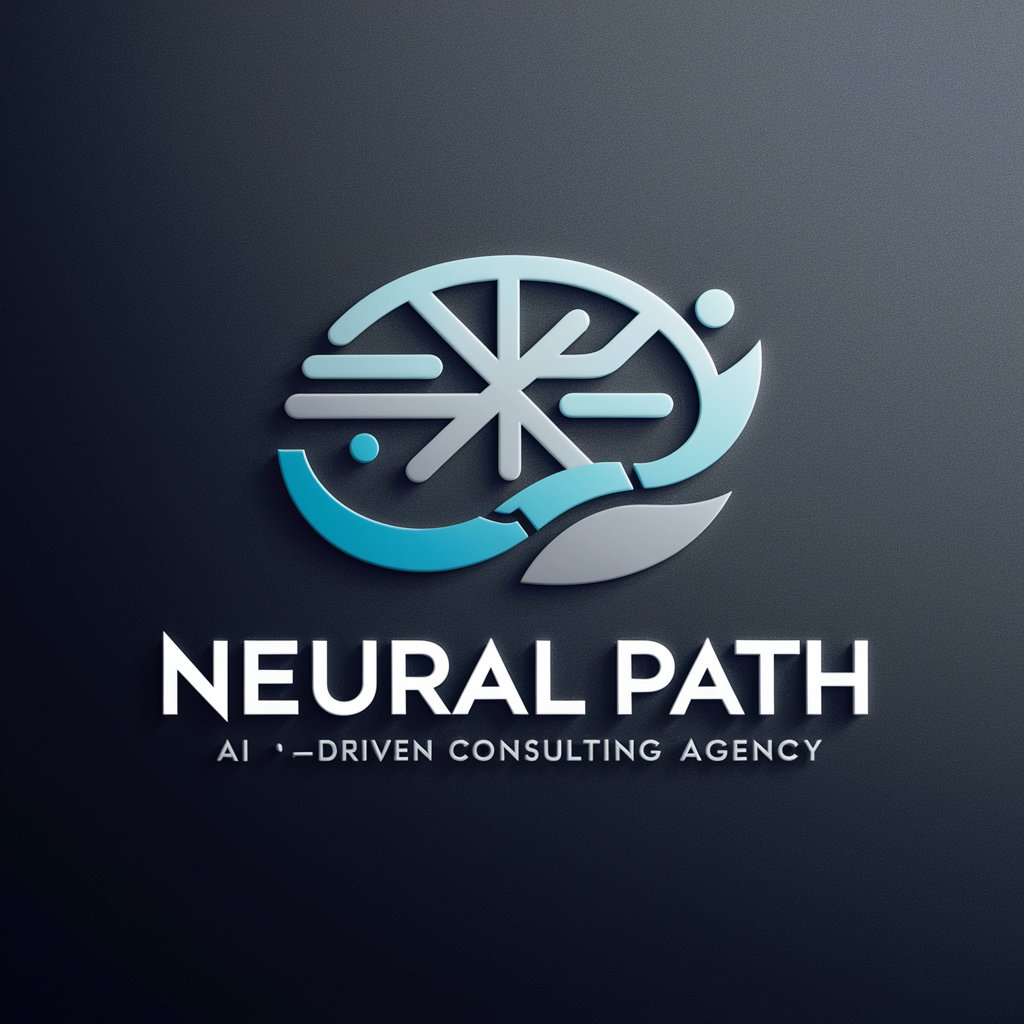
MundoLingo
Empower your language journey with AI

Photopea チュートリアルガイド日本語
Master Photopea with AI-driven Tutorials

Future
Envisioning tomorrow, powered by AI

Godmode
Illuminate Your Path with AI Wisdom

Mystic Mind
Empower your decisions with AI mysticism.

Pharaoh's Chronicler
Unraveling History with AI-Powered Egyptian Chronicles

Duck
Empowering your coding journey with AI.
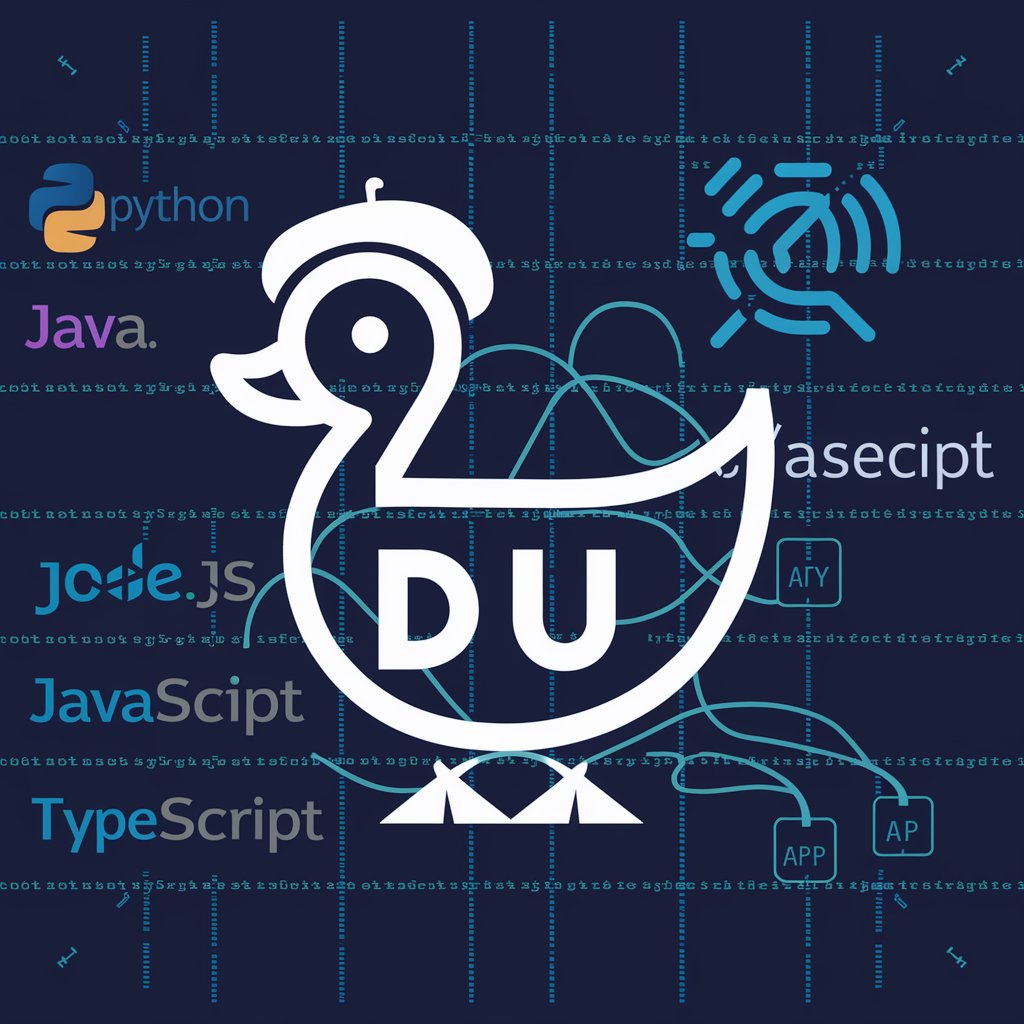
Detailed Q&A about Ethical AI Insights
What makes Ethical AI Insights unique compared to other AI ethics tools?
Ethical AI Insights stands out by providing in-depth, academic-level discussions on ethical AI topics, drawing from a broad spectrum of academic and research sources to present balanced views.
Can Ethical AI Insights assist in academic research?
Absolutely. It's designed to support academic research by offering thorough explanations and insights on ethical AI, making it a valuable tool for students, researchers, and academics.
How does Ethical AI Insights ensure the diversity of perspectives in its responses?
It integrates a wide range of sources and viewpoints into its analyses, ensuring a comprehensive and balanced discussion of ethical AI considerations.
Is Ethical AI Insights suitable for professionals in the tech industry?
Yes, it provides valuable insights for tech professionals seeking to understand the ethical implications of AI in their work, helping them make informed decisions.
How often is the information within Ethical AI Insights updated?
The platform continuously integrates the latest research and discussions in the field of AI ethics, ensuring its responses remain current and relevant.
